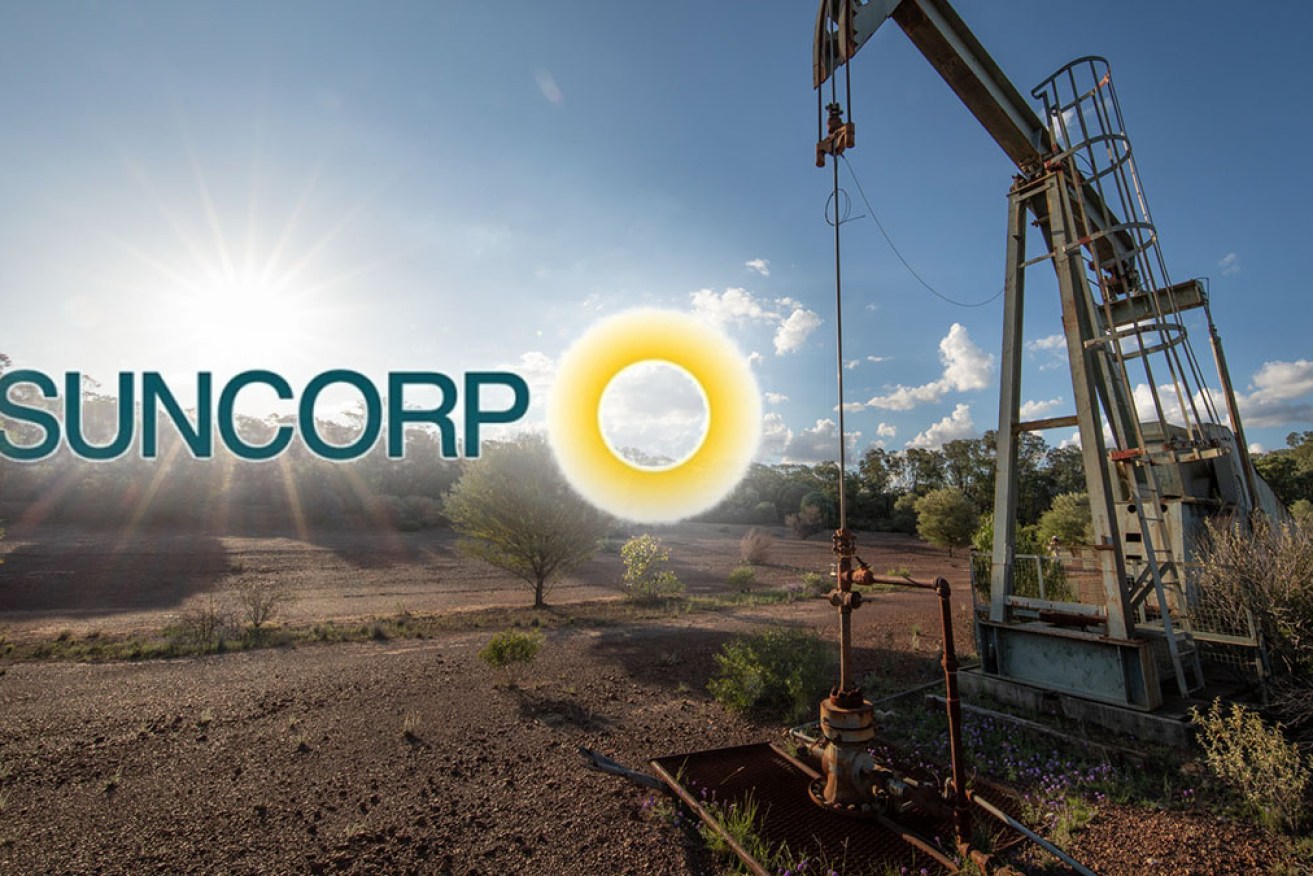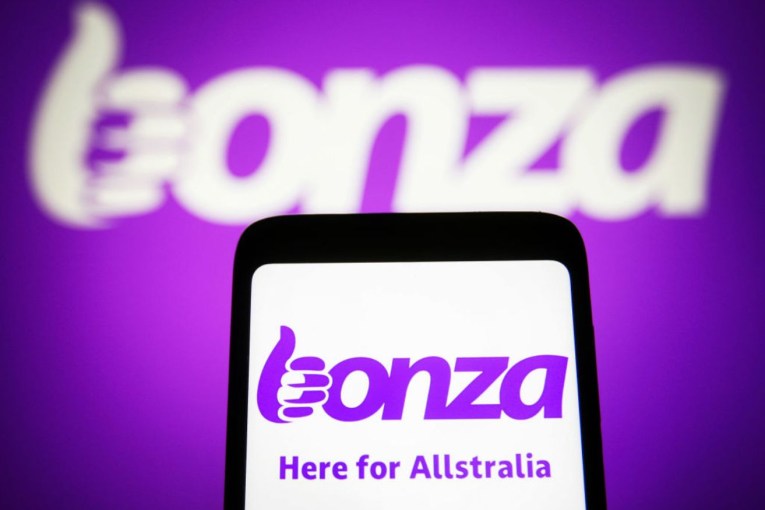Government’s push for a gas-fired recovery crumble as Suncorp cuts ties to industry


The sun is setting for Suncorp on fossil fuels. Photo: The New Daily
The federal government’s dash towards a gas-fired economic recovery received another blow when Queensland insurance and banking giant Suncorp pulled out of the gas insurance market.
Suncorp announced its exit from the market in its annual report on Friday, which also revealed a 26.8 per cent drop in profit, down to $871 million.
The company cut its dividend by 49.5 per cent (down to 36 cents) in response.
“In 2020 we strengthened our fossil fuel… guidelines to cease underwriting or directly investing in new oil and gas projects,” the company said in its responsibility statement.
It also said it would phase out existing insurance exposures to oil and gas by 2025 and dump all investment exposures by 2040.
The move “builds on our commitment to phase out of existing thermal coal by 2025,” Suncorp said.
While the policy had “gaps”, it’s a significant step forward for Suncorp and is a “step towards achieving Australia’s commitment to help stem climate change through the Paris Agreement,” said Pablo Brait, campaigner with the Market Forces activist group.
Pipelines can get through
The gaps to which Mr Brait refers are the fact Suncorp can still invest in oil and gas pipelines and new gas-fired power stations. Allowable investments include “very polluting pipelines for gas fracking and tar sands,” he said.
However, Suncorp has “taken a stand on climate change because it knows that it worsens the floods, bushfires, droughts and storms which are hitting its profits [though insurance losses]”, Mr Brait said.
The commitment is not a big deal for Suncorp in that fossil fuel exposures currently account for only between 0.1 per cent to 1.5 per cent of premium income and investment balances.
While the government has not released its plans for a fossil fuel-driven recovery, leaked documents show that cheap east coast gas and a manufacturing revival is high on the agenda for the National COVID-19 Coordination Commission that is advising the government on recovery options.
But although committee chairman Nev Power and the government are keen on gas development, the insurance industry is increasingly wary.
 Of the three major local insurers, IAG and Suncorp are withdrawing from gas, while QBE is still open to gas but dropping coal along with the others.
Of the three major local insurers, IAG and Suncorp are withdrawing from gas, while QBE is still open to gas but dropping coal along with the others.
A number of banks are also withdrawing from big fossil fuel projects, like Queensland’s Adani mine, and that is making funding fossil fuel projects more difficult.
It makes it harder
“It does mean that it becomes progressively more difficult to finance and refinance new oil and gas as well as coal projects,” said Tony Wood, head of the Grattan Institute’s energy program.
“If there are more competitors to fund or insure a project then you get a better deal and if financiers and insurers withdraw it means things are going to be more expensive,” Mr Wood said.
Labor energy spokesman Mark Butler said the withdrawal of insurers from the gas industry would not be a loss to the community, adding that the government’s gas recovery plans had little value.
A big secret
Mr Butler criticised the government’s lack of transparency.
“Why would we give support to a secret report the government refuses to show the Australian people – and whose central recommendation appears to be a taxpayer-funded gas pipeline from WA?” he said.
“[It’s] a project the Government itself said just two years ago doesn’t stack up.
“This would be the longest white elephant in Australian history. It would be no help to struggling Australian manufacturers and workers to support Scott Morrison’s attempt to spin his way out of seven years of abject failure in energy policy – where gas prices have tripled and supply shortfalls are now a real prospect.”
The idea of a gas-driven recovery no longer fits with the energy landscape, Mr Wood said.
“There was a time when gas was cheap and solar was expensive. Now both those things have changed and gas is giving way to renewables.”
Helping hand
Suncorp said it had a number of measures in place to help customers through the pandemic. They included
- 9800 customer loans under repayment deferral
- 31,000 motor and home insurance customers receiving premium waivers or discounts
- 26,000 doctors, nurses, hospital staff and first responders receiving free AAMI roadside assist as at 31 July. All up, COVID -19 measures had cost the company $140 million.
“Suncorp’s announcement today provides further confidence to investors on how the company is managing their exposure, how they are aligning their business strategy to achieve the Paris Goals and driving the transition to a net-zero emissions economy by 2050,” said Louise Davidson, CEO of the Australian Council of Superannuation Investors.









